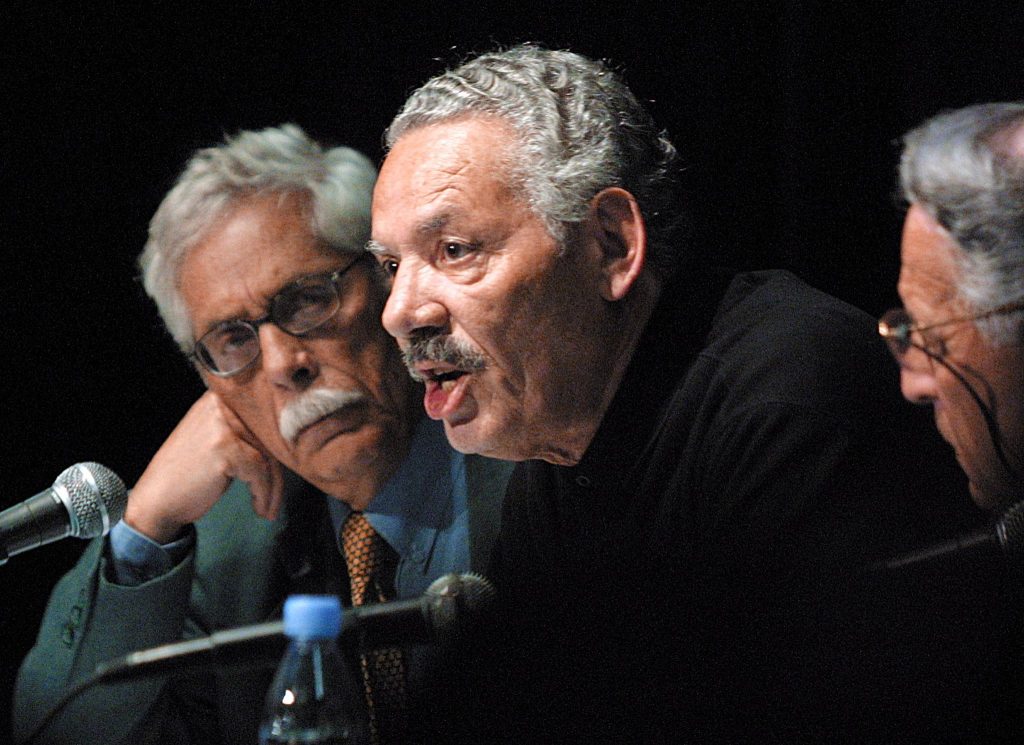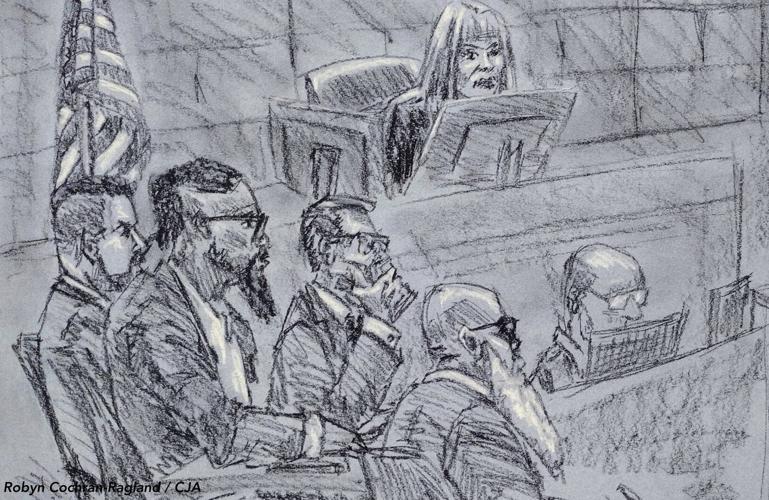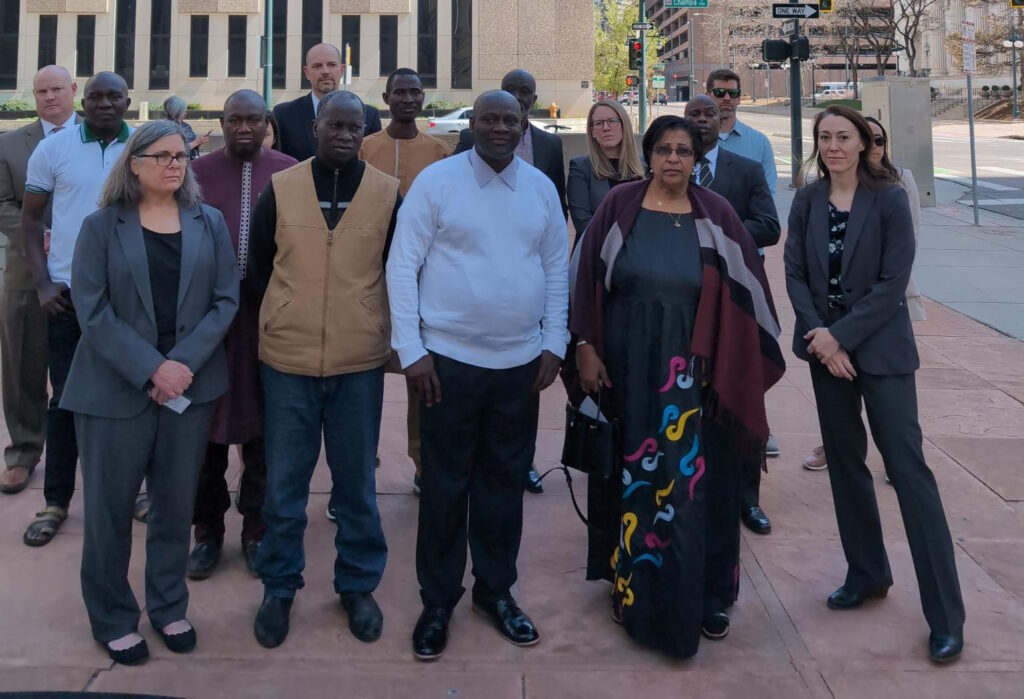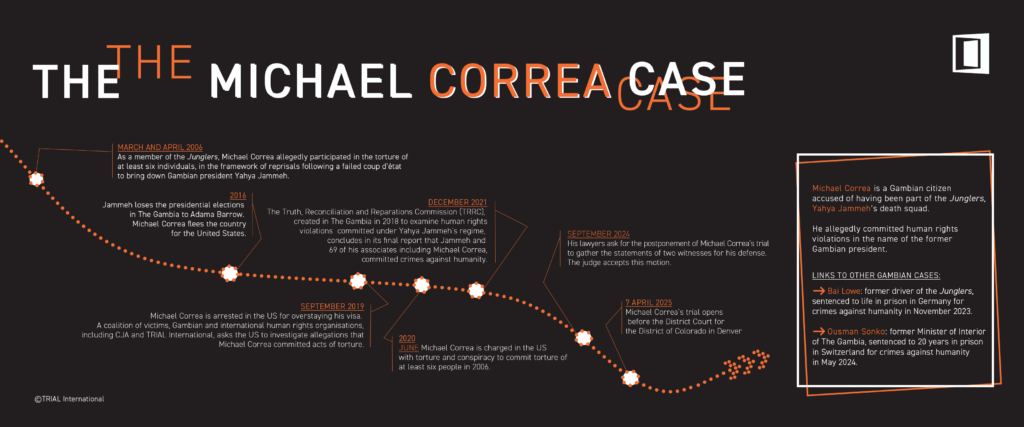Enforced disappearance of Emir Hodžic in May 1992
oIn February 2010, TRIAL submitted an application to the European Court of Human Rights concerning the enforced disappearance of Emir Hodžić which occurred in May 1992. TRIAL acts on behalf of Mersija Hodžić and of EmiraBiščević, respectively mother and sister of Emir Hodžić.
Almost one month after the take over of the city of Prijedor (29-30 April 1992), the Serb army attacked the nearby town of Kozarac. Mersija Hodžić and her husband left Kozarac to save their lives. After staying for two months in Prijedor, they reached Croatia and rejoined with their daughter Emira Biščević, who was already living there. Mersija Hodžić and Emira Biščević resided in Croatia until 1996 and 1997 respectively.
Emir Hodžić had remained in Kozarac as he was a reservist member of the local police. According to eye-testimonies, after the take over of Kozarac by the Serb army, all members of the local police, including Emir Hodžić, were captured by the Serb army. The majority of them were arbitrarily killed opposite the building of the primary school in Kozarac, while others were taken to concentration camps which had been set up in the region (e.g. Omarska). Emir Hodžić was seen for the last time on 26 May 1992 together with a group of colleagues, who later on were all captured and executed by members of the army of the Republika Srpska. His fate and whereabouts remain unknown since then.
Almost 18 years after the events no ex officio, prompt, impartial, thorough and independent investigation has been undertaken by BiH authorities to locate Emir Hodžićor his mortal remains or to identify, prosecute and sanction those responsible. Since when they were living in Croatia, Mersija Hodžić and Emira Biščević have taken several steps to obtain information about their loved one through international organizations and diplomatic channels. When they returned to BiH, they reported the enforced disappearance of Emir Hodžić to domestic authorities. These initiatives have proved vain.
On 16 July 2007 the Constitutional Court of BiH, seized by several relatives of victims of enforced disappearance from Prijedor and the surrounding area, declared a violation by BiH of the right not to be subjected to torture and inhuman and degrading treatment and the right to respect for private and family life of the families of disappeared persons. Accordingly, the Court ordered the domestic institutions concerned to disclose all available information on the fate and whereabouts of the disappeared people, including Emir Hodžić. So far, BiH authorities failed to implement the decision of the Constitutional Court and did not provide any relevant information to the Court or to Mersija Hodžić and Emira Biščević.
Consequently, Mersija Hodžić and Emira Biščević request the European Court of Human Rights:
to find that Emir Hodžić is a victim of a violation of the procedural aspects of Articles 2 (right to life), 3 (prohibition of torture) and 5 (right to liberty and security), in conjunction with Articles 1 (obligation to respect human rights) and 13 (right to an effective remedy) of the European Convention on Human Rights, due to the ongoing failure of BiH authorities to conduct an ex officio, prompt, impartial, independent and thorough investigation on his enforced disappearance in order to establish his fate and whereabouts, as well as to identify those responsible for these crimes and to prosecute, judge and sanction them;
to find that they are victims of a violation by BiH of Article 3 (prohibition of torture) in conjunction with Articles 1 (obligation to respect human rights), 8 (right to respect for private and family life) and 13 (right to an effective remedy) of the Convention, because of the severe mental distress and anguish caused by Emir Hodžić’s enforced disappearance and the ongoing lack of information about the cause and circumstances of such disappearance as well as on the progress and results of the investigations carried out by BiH authorities;
to request BiH to order independent investigations as a matter of urgency with a view to locating Emir Hodžić and, if necessary, exhuming, identifying, respecting and returning to the family his mortal remains;
to request BiH to bring the perpetrators of the arbitrary arrest and subsequent enforced disappearance of Emir Hodžić before the competent civil authorities for prosecution, judgment and sanction without any further delay; and
to request BiH to ensure that Mersija Hodžić and Emira Biščević obtain integral reparation and prompt, fair and adequate compensation for the harm suffered.
Procedure
After a preliminary examination of the admissibility of the application, on 28 September 2012 it was communicated to the Government of BiH.
In January 2013, REDRESS and the OMCT submitted to the ECHR an amicus curiae brief in relation with the present case to shed light on the link between enforced disappearance and the prohibition of torture and other ill-treatment as well as the relationship between the continuing nature of enforced disappearance and the content of effective remedy and reparation for relatives of those who have “been disappeared”.
In January 2013 the Government of Bosnia and Herzegovina submitted its reply, challenging the admissibility and the merits of the case. On 25 March 2013, on behalf of the applicants, TRIAL submitted its pleadings to the European Court of Human Rights challenging in detail the arguments put forward by the respondent State and highlighting a number of mistakes and contraddictions contained in its submission to the European Court. The latter transmitted a copy of TRIAL’s reply to the Government, fixing 13 May 2013 as the deadline for comments they may wish to make. On 3 June 2014 the European Court issued a decision, finding that in this case Bosnian authorities did all that could be reasonably expected given the special circumstances prevailing in the country up until 2005 and the large number of war crimes pending before local courts. The Court noted that “it is evident that not all of the direct perpetrators of the many crimes committed within the context of the ethnic cleansing of the Prijedor area have been punished”. Nevertheless, it valued the fact that the International Criminal Tribunal for the Former Yugoslavia and the State Court have convicted respectively 16 and 7 persons in connection with crimes committed in the area.
The General Context
It is estimated that between 100,000 and 200,000 persons died as a consequence of the conflict (1992-1995) in BiH and that between 25,000 and 30,000 were victims of enforced disappearance. Between 10,000 and 13,000 people remain disappeared to date.
The enforced disappearance of Emir Hodžić occurred as a part of the “ethnic cleansing” operations perpetrated by the Serb army in the context of the military attack of Prijedor and the surrounding area.
To date no one has been convicted, prosecuted and sanctioned for the enforced disappearance of Emir Hodžić, thus fostering an overall climate of impunity. Up to this day, the family of Emir Hodžić still has not received any information on the fate and whereabouts of their loved one, nor an adequate and integral redress for the harm suffered.









